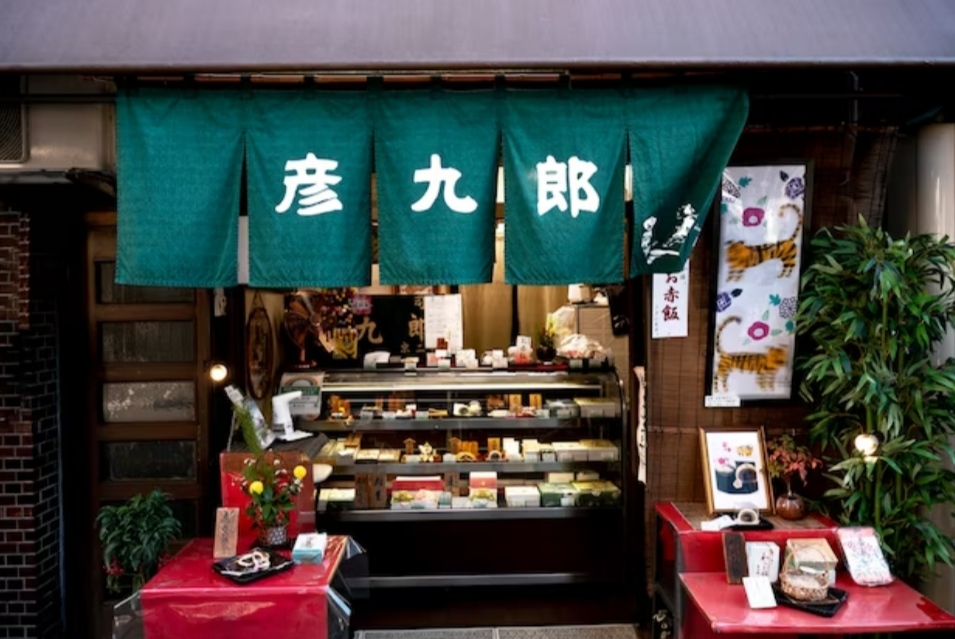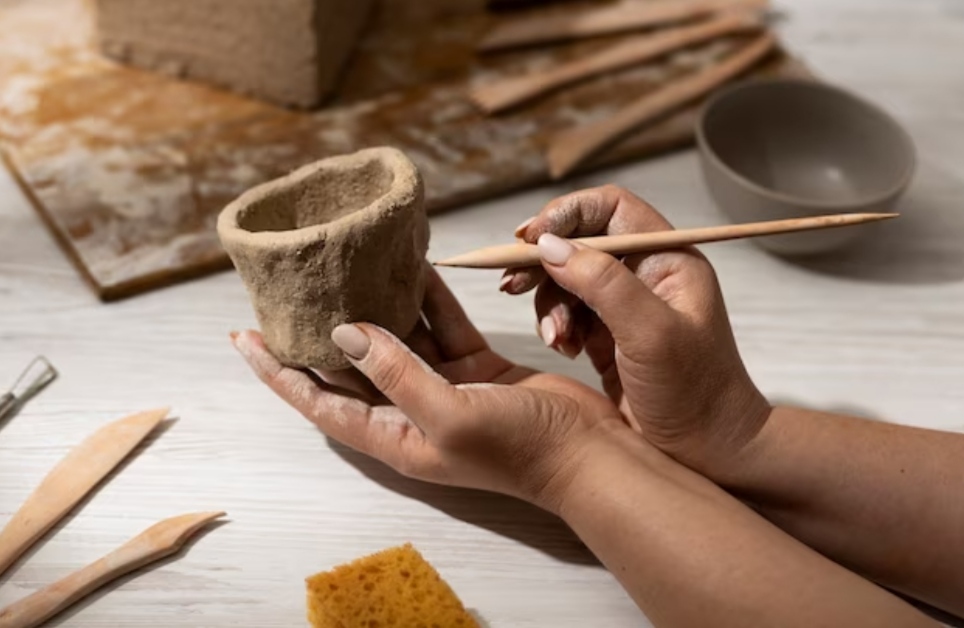
Table of Contents
- Introduction
- Temples and Shrines
- Traditional Arts and Crafts
- Culinary Experiences
- Seasonal Festivals
- Tea Ceremonies
- FAQ
Introduction
culture in kyoto japan, often considered the cultural capital of Japan, is a city filled with historical significance, traditional arts, and delicious cuisine. From the ancient temples to the artisans crafting handmade goods, this city offers an unparalleled glimpse into the country’s rich heritage. In this article, we explore the diverse cultural delights that Kyoto has to offer.
Table: Key Cultural Highlights in Kyoto
| Category | Highlight | Description |
| Temples | Kinkaku-ji | Known as the Golden Pavilion, this Zen temple is renowned for its stunning gold-leaf exterior. |
| Arts | Noh Theater | Witness the highly stylized form of Japanese musical drama. |
| Cuisine | Kaiseki | A traditional multi-course meal that emphasizes seasonality and aesthetic. |
| Festivals | Gion Matsuri | One of Japan’s most famous festivals featuring elaborate floats and traditional garments. |
Temples and Shrines
Kyoto is a city of spirituality, and its temples and shrines offer not just religious insights but architectural marvels as well.
Table: Must-Visit Temples and Shrines
| Name | Significance | Unique Feature |
| Kinkaku-ji | Zen Buddhism | Gold-leaf exterior |
| Fushimi Inari | Shinto Shrine | Thousands of Torii gates |
| Ryoan-ji | Zen Buddhism | Rock garden |
| Tōdai-ji | Buddhism | World’s largest bronze Buddha |
Kinkaku-ji (Golden Pavilion)
The Zen Buddhist temple Kinkaku-ji, commonly known as the Golden Pavilion, is enveloped in gold leaf, showcasing a brilliant play of architecture and natural beauty as it reflects off the pond below.
Fushimi Inari
This Shinto shrine is known for its seemingly unending arcades of vermilion torii gates that snake up the mountain behind the main hall. It’s an excellent place for those interested in Shinto traditions, or those simply looking for an aesthetically unique hike.
Ryoan-ji
The temple is most famous for its karesansui (dry landscape) rock garden, considered one of the finest surviving examples of kare-sansui in Japan.
Tōdai-ji
Although not located in Kyoto but in the nearby city of Nara, Tōdai-ji is noteworthy for housing the world’s largest bronze statue of the Buddha Vairocana.
culture in Kyoto Japan, Traditional Arts and Crafts

Traditional Geisha Culture Kyoto is a hub for traditional Japanese arts and crafts.
Table: Arts and Crafts in Kyoto
| Type | Description | Where to Experience |
| Kiyomizu Pottery | Known for unique shapes and rich glazes. | Gojōzaka Pottery Slope |
| Noh Theater | Musical drama performed since the 14th century. | Kyoto Kanze Noh Theater |
| Calligraphy | The art of beautiful writing. | Various workshops around Kyoto |
Kiyomizu Pottery
You can find this traditional Kyoto ceramic ware along Gojōzaka Pottery Slope, leading to the famous Kiyomizu-dera temple.
Noh Theater
Experience the rich cultural tradition of Noh at the Kyoto Kanze Noh Theater. This performance art is a combination of drama, music, and dance.
Calligraphy
For those interested in the fine arts, Kyoto offers several calligraphy workshops where you can learn the basic strokes and create your own artwork.
Culinary Experiences

Kyoto’s culinary scene is as diverse as it is delicious.
Table: Culinary Delights in Kyoto
| Dish | Description | Where to Try |
| Kaiseki | Multi-course meal | High-end restaurants |
| Yudofu | Tofu hot pot | Nanzen-ji temple area |
| Matcha | Green tea powder | Uji city |
Kaiseki
Kaiseki is a traditional multi-course Japanese meal. It features seasonal ingredients meticulously prepared to enhance their natural flavors.
Yudofu
This is a simple yet delicious hot pot dish primarily consisting of tofu and vegetables. It’s a specialty around the Nanzen-ji temple area.
Matcha
Kyoto Prefecture, particularly Uji city, is famous for its high-quality green tea and matcha. The experience of participating in a traditional tea ceremony is something one shouldn’t miss.
Seasonal Festivals
Kyoto’s Seasonal Festivals are home to some of Japan’s most important.
Table: Seasonal Festivals in Kyoto
| Festival | Season | Description |
| Gion Matsuri | Summer | Parade of elaborate floats |
| Jidai Matsuri | Autumn | Historical reenactment |
| Hanami | Spring | Cherry blossom viewing |
Gion Matsuri
Held in July, this is one of Japan’s most famous festivals. It is known for its grand procession of floats and traditional garments.
Jidai Matsuri
Held in October, this “Festival of Ages” features a large parade that takes you on a journey through Japan’s history, from the Meiji Restoration back to the Heian period.
Hanami
Cherry blossom viewing in spring is a national pastime, and Kyoto offers several spots like the Philosopher’s Path and Maruyama Park to enjoy this fleeting beauty.
Tea Ceremonies
Tea ceremonies in Kyoto offer a tranquil escape.
Table: Popular Tea Ceremony Spots
| Location | Description |
| Camellia | Offers tea ceremonies in English |
| En | Known for its beautiful garden setting |
The traditional Japanese tea ceremony is much more than just drinking tea. It’s a spiritual experience that embodies harmony, respect, purity, and tranquility.
FAQ
What’s the best time to visit Kyoto?
Spring (March to May) and Fall (September to November) are the best seasons.
How do I get around Kyoto?
The city has a reliable public transport system consisting of buses and trains. Bicycles are also a popular way to get around.
Can I experience all these cultural delights in one trip?
It’s possible but challenging due to the plethora of options. Prioritizing based on personal interests is advised.
What’s the primary language spoken?
Japanese is the primary language, but many people in tourist areas speak basic English.
Is it expensive to experience Kyoto’s culture?
The cost can vary widely depending on what activities you want to experience. Entrance fees to temples and shrines are usually modest, but a traditional Kaiseki meal or Noh Theater ticket can be expensive.
Is Kyoto tourist-friendly?
Absolutely. The city is well-equipped to accommodate tourists, with plenty of information centers, English signages, and guided tours available.
Do I need to follow any specific etiquette when visiting temples and shrines?
Yes, each religious place may have its own set of rules. Generally, you should bow slightly when entering and exiting, avoid loud conversations, and follow any specific instructions for rituals.
Conclusion
Kyoto is not just a city but a grand, living museum where the local ethos and spirituality intermingle with daily life. Its long-standing temples and shrines, rich arts and crafts tradition, delectable culinary arts, and seasonal festivals offer a comprehensive cultural feast for all who visit.
Whether it’s the calming serenity of a tea ceremony or the electrifying atmosphere of the Gion Matsuri festival, Kyoto is a city that demands to be felt with all the senses. Its cultural tapestry invites you to become not just a spectator but a participant in its age-old traditions. Take your time to explore, to learn, and to immerse yourself. Kyoto doesn’t just show you Japanese culture; it lets you live it.
The experience of this beautiful city is not just an item to be ticked off a travel itinerary but a journey through Japan’s rich history and vibrant culture, a journey that you’ll find yourself wanting to embark upon again and again.
So pack your bags and set your sights on Kyoto, a city that promises not just sights to behold, but experiences to be lived. There is no better place for those looking to dive deep into the heart of Japanese culture.

